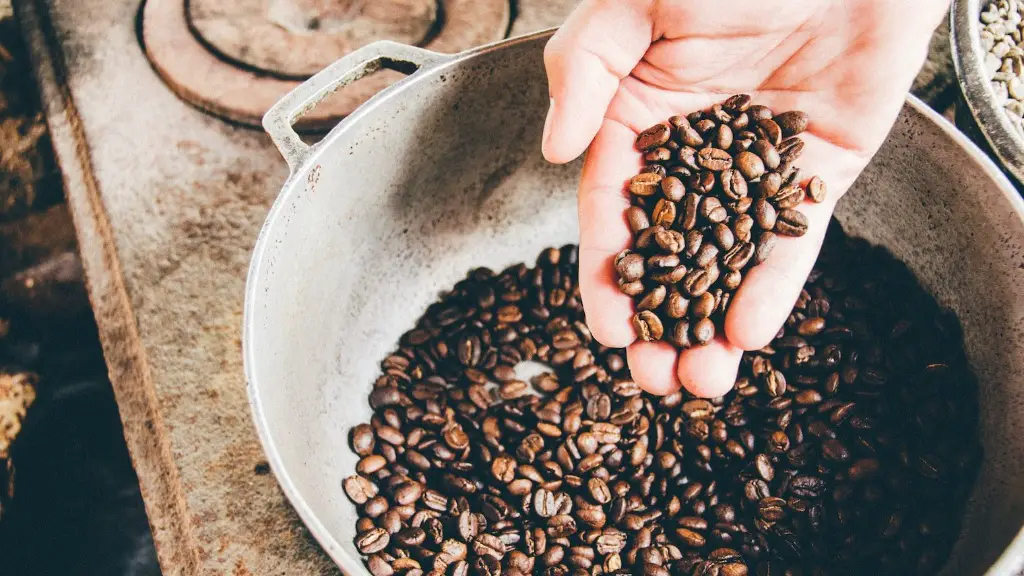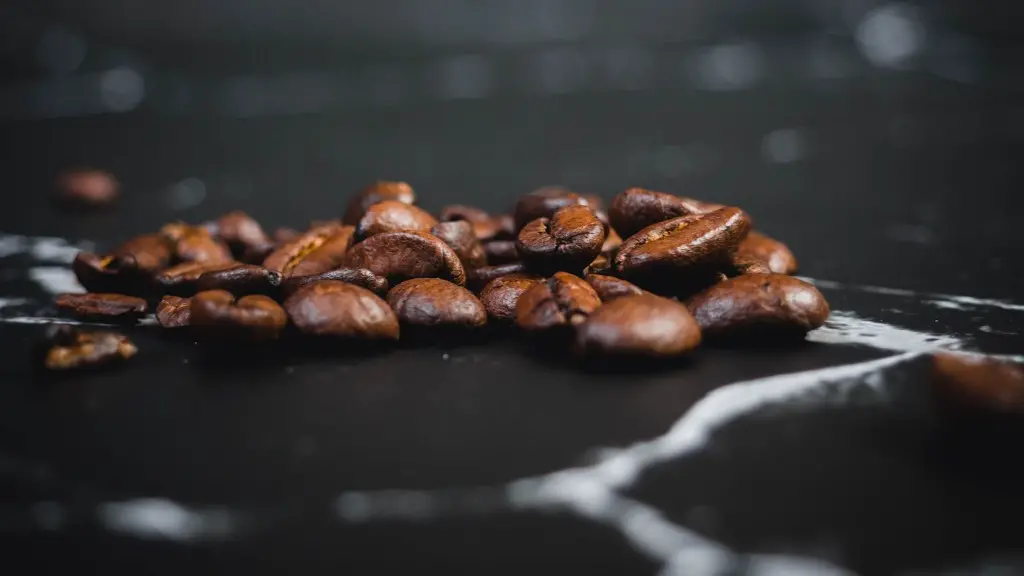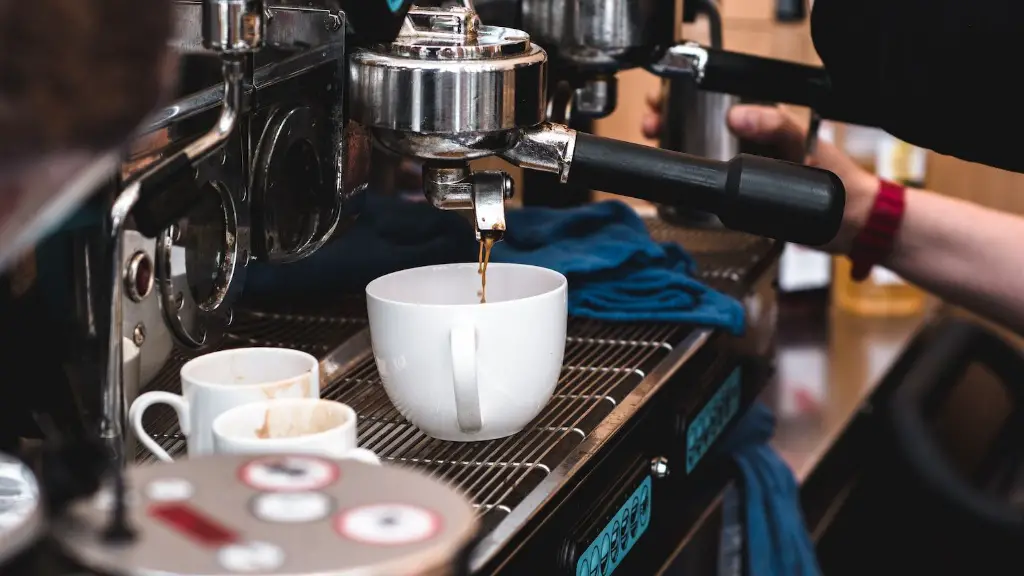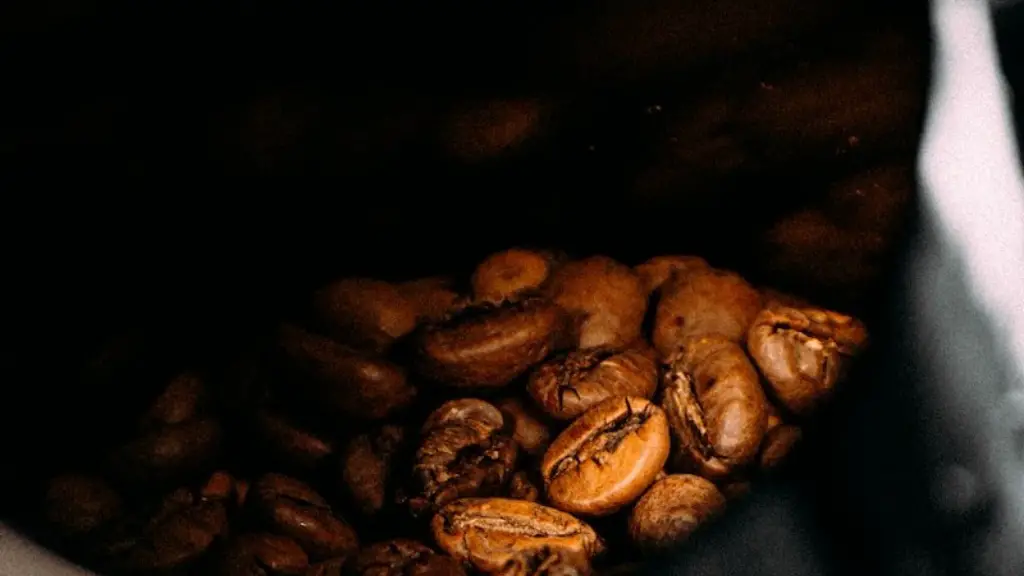Can a 12 Year Old Drink Coffee Daily?
It’s not uncommon for adults to enjoy coffee on a regular basis, but can a 12 year old have the same experience? On the surface it might seem like coffee is an innocent beverage, but there are a few factors to consider before letting a young person develop a habit.
To get a better understanding of this topic, it’s important to provide some background information. Caffeine is the main active ingredient in coffee, and the amount of caffeine present in a cup of coffee is usually somewhere around 95-165 mg. This amount is dependant on how fine the coffee was milled, how long it was roasted for, and how it was brewed. Of course, other factors such as sugar and milk also play an important part in the overall flavor.
Caffeine is relatively safe for adults and can provide a range of health benefits, including improved focus and alertness, enhanced memory, and a reduced risk of certain diseases. However, the same may not be true for children and teenagers. According to a report from the World Health Organization, if an adolescent under the age of 18 consumes a caffeinated beverage, like coffee, it can temporarily affect the child’s physiological, psychological, and behavioral functioning.
In terms of safety, it’s important to note that the American Association of Pediatrics recommends limiting caffeine consumption of young individuals to no more than 100 mg per day. Caffeine intake that exceeds this level can produce symptoms such as increased heart rate, restlessness, dehydration, and insomnia. So, with this in mind, it’s easy to conclude that drinking coffee daily is likely not safe or beneficial for someone this young.
Experts also recommend that children and teens should not consume caffeine from other non-coffee sources like energy drinks, tea, and chocolate. Energy drinks are especially dangerous due to their high concentrations of caffeine and other stimulants, which can put teens at risk for serious potential health consequences. Additionally, it’s worth noting that some manufacturers add caffeine to products like soda and gummy vitamins, which may not be listed on the label.
Overall, although coffee has a range of potential benefits, it’s highly recommended that people under the age of 18 should avoid drinking coffee daily. It’s not worth putting their health at risk, and it’s important to consider other options when it comes to maintaining energy levels or tackling boredom.
Are There Any Benefits to Drinking Coffee?
Even though experts recommend abstaining from coffee, there actually are some potential health benefits associated with drinking it. Studies suggest that adults who enjoy coffee in moderation may have a lower risk of developing certain diseases, such as Alzheimer’s and type 2 diabetes. Coffee has also been found to have some anti-aging properties, as it contains antioxidants that help to protect against oxidative cell damage.
Additionally, it’s important to remember that coffee is an enjoyable and social beverage, and adults who drink it in moderation may actually benefit from its stimulating effects. The improved mood and alertness that comes from moderate consumption may be enough to make adults feel more productive and energized throughout their day.
Despite these potential health benefits, experts still recommend that people under the age of 18 should abstain from drinking coffee, as their bodies are still developing and caffeine can affect them differently. But if a 12 year old does decide to drink coffee, it’s best to keep it to one cup per day. That way, they can enjoy the drink without putting their health at risk.
What are Some Caffeine-Free Alternatives?
Since most experts agree that young individuals should avoid caffeine, it’s important to consider caffeine-free alternatives. Fortunately, there are plenty of these beverages available, from herbal teas and juices to water and sparkling water.
Herbal teas are better for a more relaxing experience, as they are naturally caffeine-free and contain a variety of beneficial compounds. Plus, a lot of herbal teas come in different flavors, so it’s easy to find one that suits a young person’s tastes.
For a more energizing experience, juices can be a good alternative. Most juices, like orange juice or apple juice, contain natural sugars that can give the drinker a pick-me-up. The best part is, they don’t contain any caffeine, so they won’t cause any adverse effects.
Finally, water is always a great choice, as it’s hydrating and refreshing without any unwanted side effects. Adding fruits and herbs to the water can give it a unique flavor, and it’s an excellent way to get the body ready for an energetic day.
The Drawbacks of Coffee for 12 Year Olds
In addition to potential health risks, there are other reasons why a 12 year old should avoid drinking coffee on a regular basis. For example, coffee contains a high amount of sugar and calories, and if a young person consumes too much coffee, they may end up becoming overweight.
Caffeine intake can also affect sleep patterns in young people. According to the American Academy of Child and Adolescent Psychiatry, children between the age of six and twelve need between nine and twelve hours of sleep every night. However, if a child consumes coffee, their sleep patterns may be disrupted, leading to fatigue and irritability during the day.
Finally, when it comes to developing an addiction to caffeine, young people are particularly prone. A 12 year old’s brain is still in the development stages, and this makes them more vulnerable to developing habits or addictions. So, if they drink coffee on a regular basis, it’s easy for the activity to become a compulsion rather than a choice.
Impact of Caffeine on Cognitive Development
One of the biggest concerns regarding caffeine consumption by young people is its impact on cognitive development. The brain is still maturing at this age, and caffeine can have a significant effect on how the brain processes information.
For example, a study from Pediatrics found that adolescents who consumed caffeine regularly had worse academic performance than those who abstained from the beverage. On top of that, research from Neuropsychopharmacology suggests that high caffeine intake may increase the risk of anxiety and depression.
Overall, it’s clear that caffeine intake should be limited in young people. It’s not just coffee that should be avoided, but other caffeinated products as well. These include sodas, energy drinks, and even chocolate. In terms of health, it’s best to stick to natural sources of energy and hydration like fruits, herbal teas, and good old-fashioned water.
Healthy Alternatives to Boost Energy
If a 12 year old is looking for a non-caffeinated way to stay energized and alert throughout their day, there are plenty of healthy alternatives. For starters, it’s important to make sure that a young person is eating a balanced diet and getting plenty of rest. A diet rich in complex carbs, proteins, and healthy fats will give them the energy they need to stay attentive and focused.
Physical activity is also important when it comes to boosting energy. Exercise, in particular, helps to stimulate the body’s natural production of endorphins, which can significantly boost energy levels. A quick walk or a run in the morning may be enough to kickstart a young person’s day.
Finally, building good habits can also be beneficial. This means getting up at the same time every morning, breaking down tasks into smaller chunks, and staying away from distractions. Doing these things will help to keep a 12 year old alert and productive throughout the day.
What About Low-Caffeine Drinks?
When it comes to coffee consumption in young people, there is one exception: low-caffeine drinks. These drinks are becoming increasingly popular for several reasons, one of which is that they tend to contain much less caffeine than standard coffee. This makes them a safer option for adolescents.
Low-caffeine drinks are made from beans that are grown in low-caffeine varieties, or prepared using special processing methods that reduce the amount of caffeine in the drink. Additionally, these drinks often include beneficial compounds like chlorogenic acids, which have been found to have antioxidant and anti-inflammatory properties.
Despite the benefits of these drinks, it’s important to remember that most 12 year olds still should abstain from them. Even though the effects of caffeine may be less pronounced, there still is a risk of potential health problems from large intakes.
Conclusion
All in all, it’s best for 12 year olds to avoid drinking coffee. Although there are potential health benefits to enjoying a cup of joe in moderation, young people are more vulnerable to potential health risks associated with caffeine, not to mention its effect on their developing brains. Therefore, it’s safer for them to opt for naturally energizing alternatives, such as herbal teas, juices, and water.





